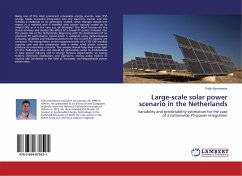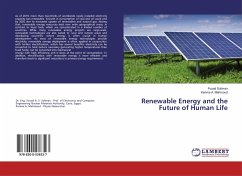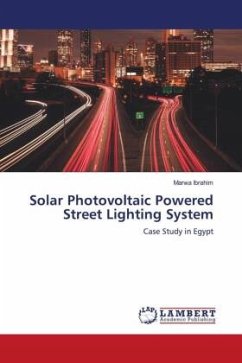Being one of the most prominent renewable energy sources, solar (PV) energy needs successful integration into the electricity market and this remains a challenge to be optimized. Indeed, what changes should one expect in a national grid if installed solar power capacity scaled up to several GW, as it is the case e.g. of Germany? This book focuses on the Dutch territory and studies the effect of a broad PV power inclusion into the power mix of the Netherlands. Beginning with the development of an improved PV performance model which is validated using meteorological forecasts, variability and imbalance patterns for the current PV capacity are extracted. The extrapolation to the expected trends of a 7.83 GW installed capacity case and the comparison with a similar wind power scenario produce an interesting outcome. The analysis should help shed some light on this challenging issue and should be particularly useful to professionals in solar power industry and in energy forecast departments, to energy traders, electricity distributors and operators, energy policy makers or anyone else interested in the field of increased, non-dispatchable power penetration.
Bitte wählen Sie Ihr Anliegen aus.
Rechnungen
Retourenschein anfordern
Bestellstatus
Storno








